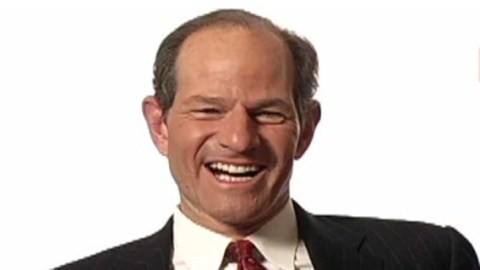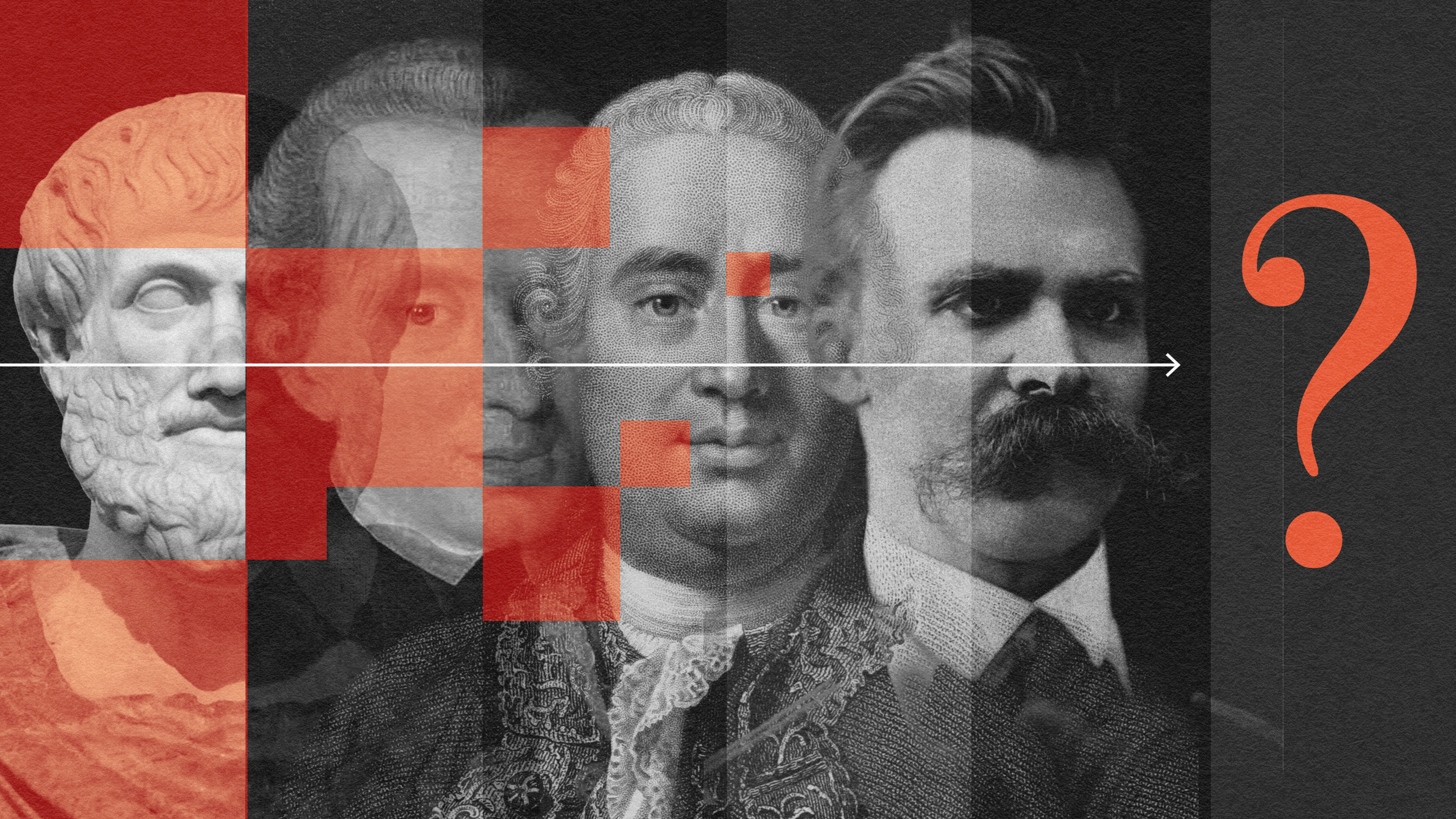Eliot Spitzer on the Difference Between Redemption and Being ‘Useful’

“You can’t live or die every day thinking about redemption,” a self-reflective Eliot Spitzer told Big Think in 2010. “You have to move forward and try to do things that are useful and worthwhile and learn.”
One of the first stops on the former New York governor’s redemption trail was Big Think’s studio, and we had the opportunity to ask him this question two years after he was forced to resign from public office:
What does it take to redeem oneself in public or private life?
Spitzer told Big Think he had “no illusion that I can ever get this piece of my life to fade significantly to the background…All you can do is step back and say, ‘Okay, move forward and try to continue to do something useful.'” After five years, Spitzer has evidently deemed himself to be useful in public service again, announcing he will be running for the position of New York City’s comptroller.
“I’m hopeful there will be forgiveness, I am asking for it,” Spitzer told The New York Times.e But there is a difference between seeking redemption and being useful, as Spitzer explained in his interview with Big Think below.
Watch here:
So how should the public respond to a politician like Spitzer, or, for that matter, mayoral candidate Anthony Weiner, looking to return to public life?
Being surprised by a sex scandal is “like being surprised that it rains,” says Christopher Ryan, author of Sex at Dawn: How We Mate, Why We Stray, and What It Means for Modern Relationships.
What Ryan is surprised by, however, is the number of highly successful, very powerful men “who paint themselves into a corner that they would never get into in business.” In other words, “these are guys who negotiate the purchase of multi-billion dollar corporations,” Ryan says, “and yet in their private lives, they put themselves in a position of vulnerability that’s just incredible.”
So for Ryan the appropriate reaction to a sex scandal is one of sadness. After all, many people suffer as a result, such as children. And Ryan sees this as needless suffering. “These men or women didn’t feel empowered enough to talk about these things before they got themselves into this situation,” Ryan tells Big Think.
So who knows how voters will react to Spitzer, but Ryan hopes that voters in the U.S. can be more like Europeans. He tells us:
I think in Europe there’s a more sort of adult understanding of these things and it’s sort of more expected and there’s a “don’t ask, don’t tell” policy in effect in most of the European societies that I’m familiar with, much more so than in the United States.
Image courtesy of Shutterstock





